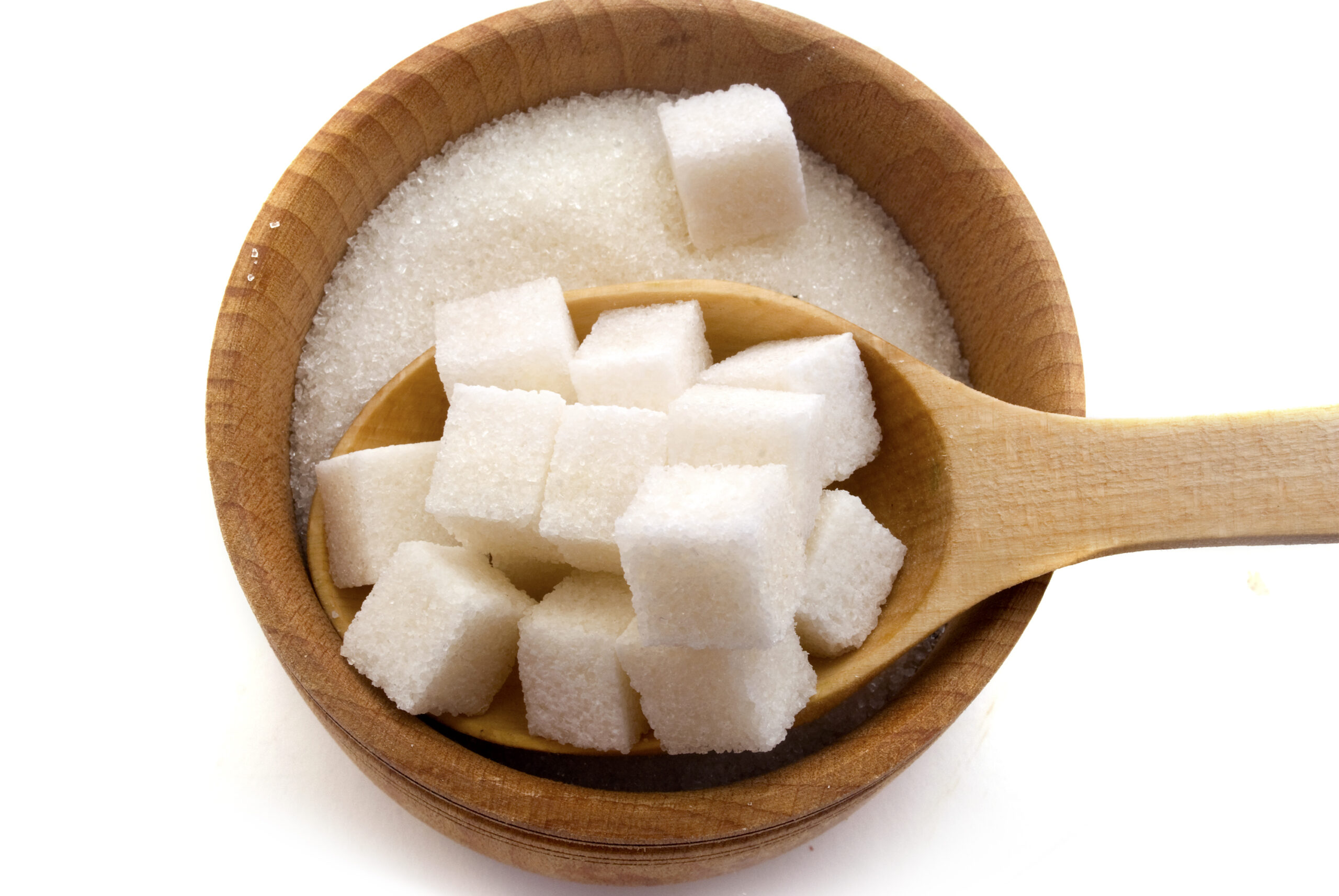In recent years, the consumption of processed foods has become a staple in many diets, offering convenience and accessibility. However, beneath the allure of quick meals and extended shelf life, there exists a range of concerning aspects associated with processed foods. In this article, we’ll delve into the 10 dark sides of processed foods, shedding light on the potential health, environmental, and ethical implications of relying heavily on these products. From hidden additives to nutritional deficiencies and sustainability concerns, understanding these darker aspects can empower consumers to make informed choices about their dietary habits and overall well-being.
Contents
- 1 High in Sugar and Artificial Sweeteners
- 2 Excessive Sodium Content
- 3 Low Nutritional Value
- 4 Trans Fats and Unhealthy Fats
- 5 Additives and Preservatives
- 6 High in Processed Grains and Refined Carbohydrates
- 7 Artificial Flavors and Textures
- 8 Impact on Gut Health
- 9 Linked to Behavioral and Psychological Effects
- 10 Environmental Impact
High in Sugar and Artificial Sweeteners

Processed foods often contain excessive amounts of sugar and artificial sweeteners. High sugar intake is linked to various health issues, including obesity, type 2 diabetes, heart disease, and dental problems. Artificial sweeteners, while lower in calories, can still lead to sugar cravings and overeating.
Excessive Sodium Content

Many processed foods are loaded with sodium to enhance flavor and preserve food. Excessive sodium intake can lead to high blood pressure, heart disease, and stroke. It also puts a strain on the kidneys and can lead to water retention and bloating.
Low Nutritional Value

Processing often strips foods of essential nutrients, including vitamins, minerals, and fiber. This results in products that are calorie-dense but low in nutritional value, contributing to malnutrition and health issues despite high caloric intake.
Trans Fats and Unhealthy Fats

Processed foods frequently contain unhealthy fats, including trans fats, which are associated with an increased risk of heart disease. These fats can raise bad cholesterol levels (LDL) while lowering good cholesterol (HDL), leading to clogged arteries.
Additives and Preservatives

Food manufacturers often add preservatives, colorants, and other chemicals to processed foods to enhance their appearance and shelf life. Some of these additives can have adverse health effects and may cause allergies, asthma, and other health issues.
High in Processed Grains and Refined Carbohydrates

Processed foods often contain refined carbohydrates and processed grains, which can lead to rapid spikes in blood sugar and insulin levels. This can eventually result in insulin resistance, obesity, and an increased risk of diabetes.
Artificial Flavors and Textures

Artificial flavors and enhancers are used to mimic the taste and texture of natural ingredients. However, these artificial components can affect gut health and may have unknown long-term health impacts.
Impact on Gut Health

Processed foods can negatively impact the microbiome in the gut, leading to a decrease in beneficial bacteria. This imbalance can affect digestion, immunity, and even mental health due to the gut-brain connection.
Linked to Behavioral and Psychological Effects

High consumption of processed foods has been linked to an increased risk of depression, anxiety, and other mental health issues. The combination of sugar, fats, and additives can affect brain function and mood regulation.
Environmental Impact

The production of processed foods often involves extensive resource use, including water, land, and energy. Additionally, packaging contributes to pollution and waste. The environmental footprint of processed food production is a significant concern, impacting global resources and ecosystem health.






